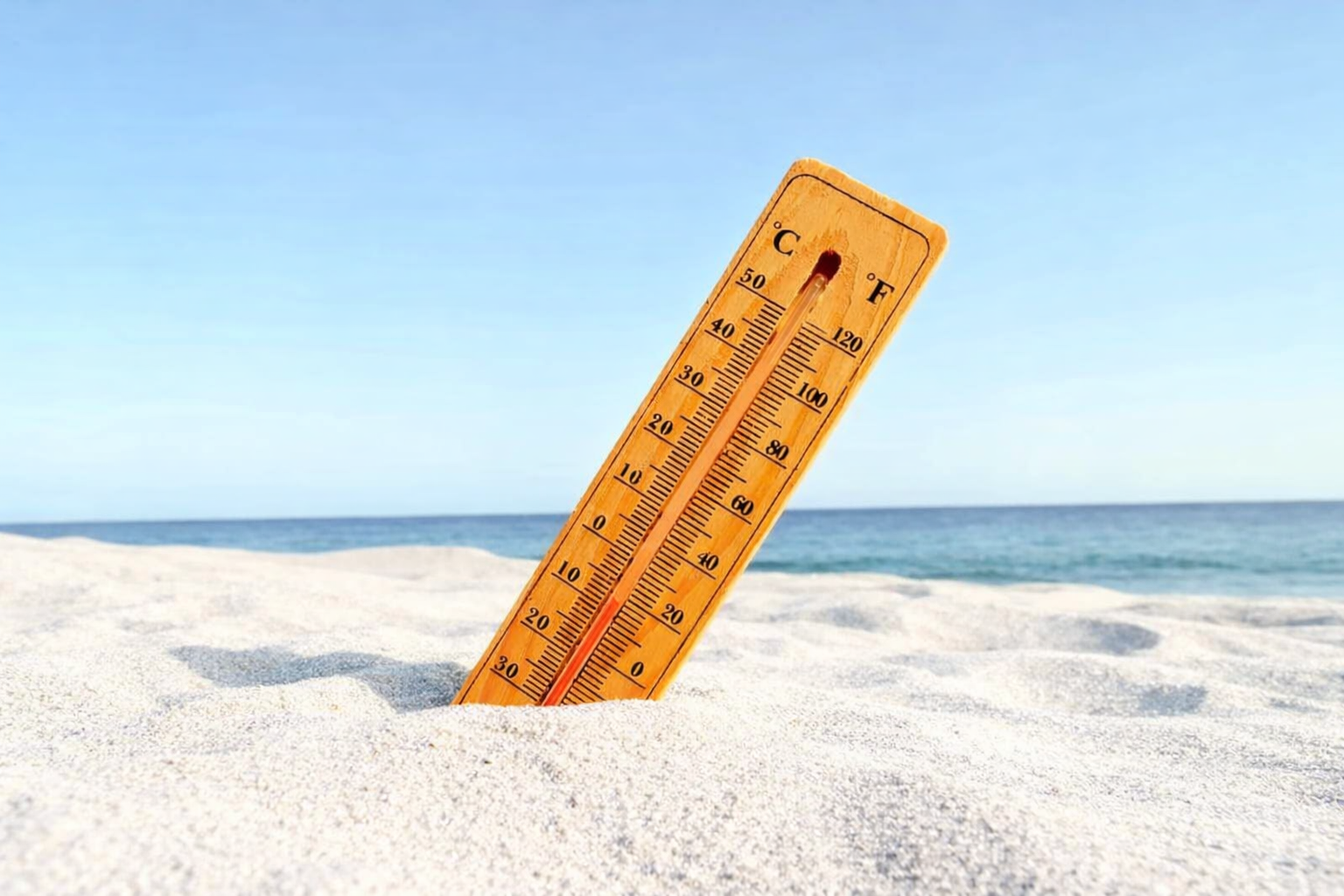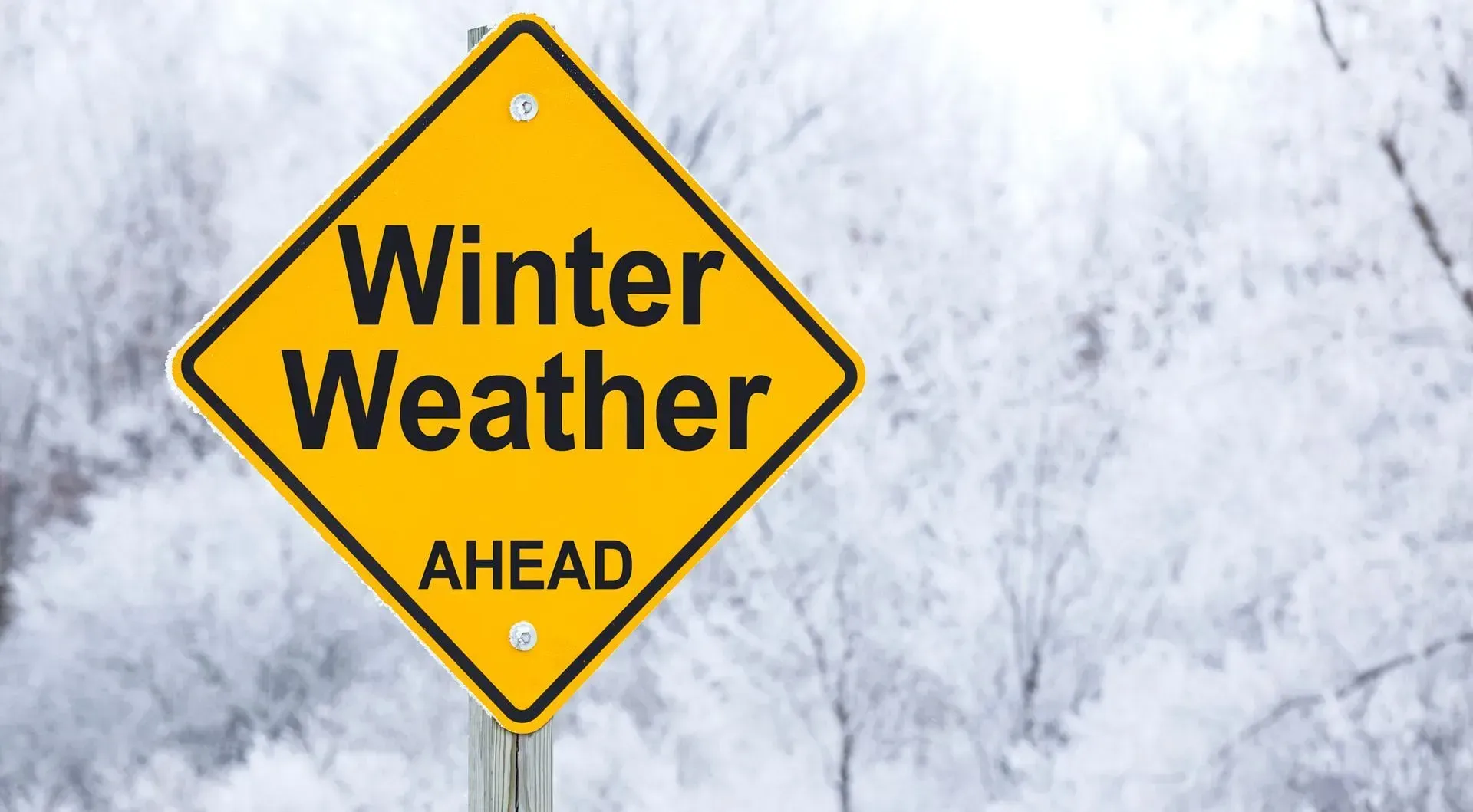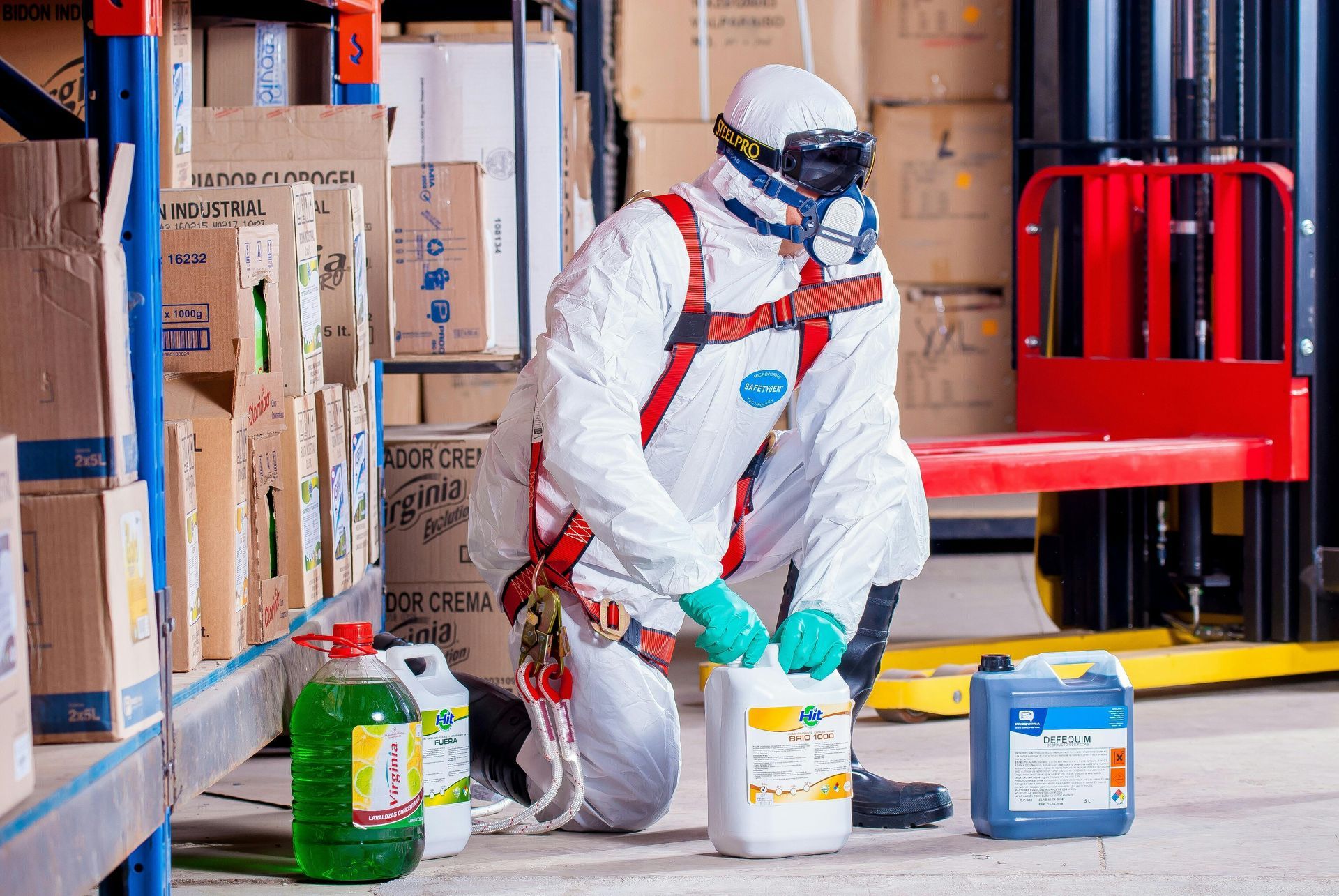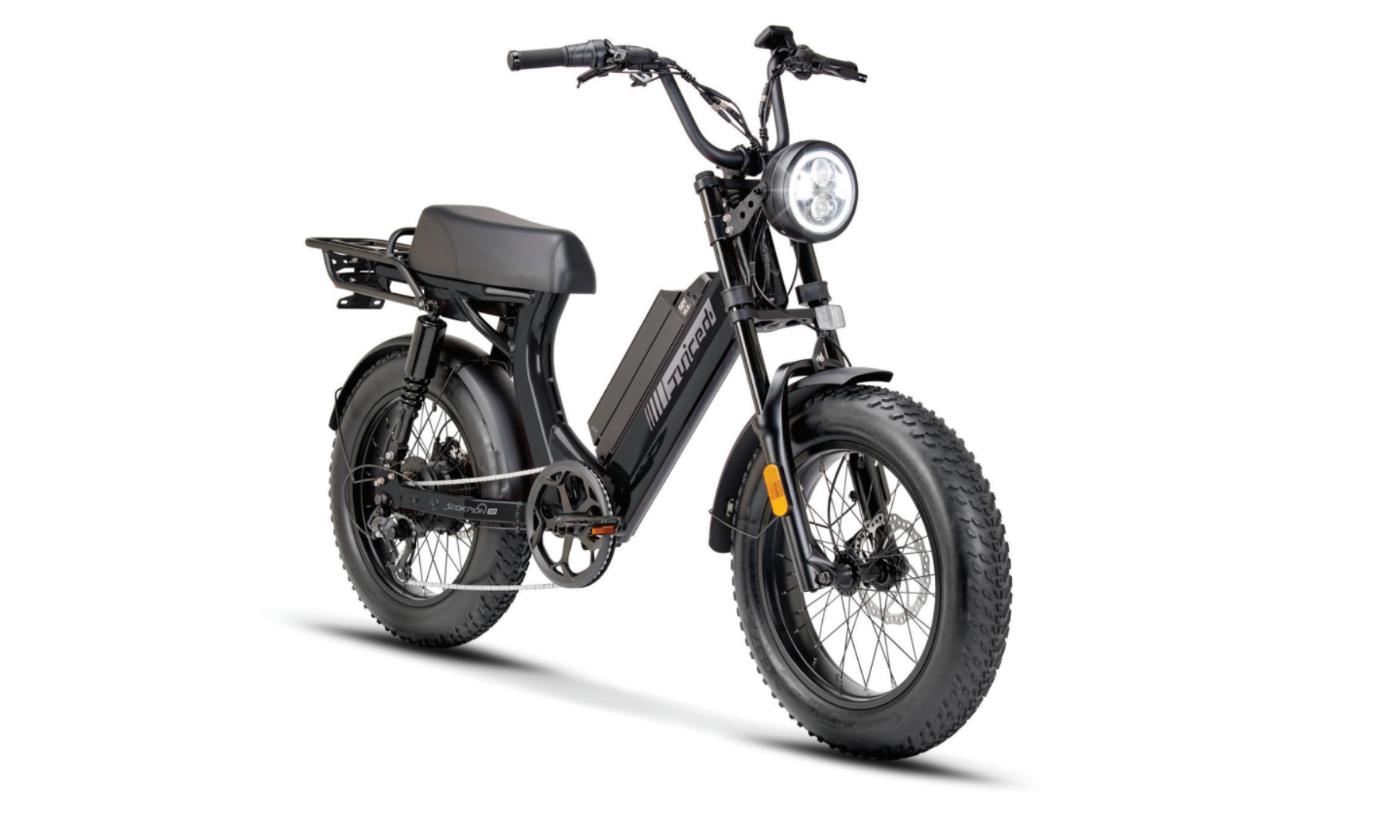Heat Advisory Until Monday Evening
High heat results in medical problems for rescue services

Orange Beach, Ala. – (OBA) – When the National Weather Service posts heat advisories we should take notice. During these events, local medical and rescue personnel see an increase in heat related emergencies. One of the biggest killers in the world is cardiovascular disease and many do not know they have it until symptoms are triggered by something like elevated heat.
As the world’s population is aging, ever-more people are affected. The number of people living with blood pressure doubled in the past 30 years — to about 1.3 billion people. Because there are no obvious symptoms, almost half don’t even know they live with it.
When a person with high blood pressure or cardiovascular disease is exposed to the high heat, the potential for a stroke or heart attack is raised. Stay aware and look for the symptoms.
During extremely hot and humid weather, your body's ability to cool itself is challenged. When the body heats too rapidly to cool itself properly, or when too much fluid or salt is lost through dehydration or sweating, the body temperature rises and you or someone you care about may experience a heat-related illness. It is important to know the symptoms of excessive heat exposure and the appropriate responses. Here are some key items from the CDC and National Weather Service (below).
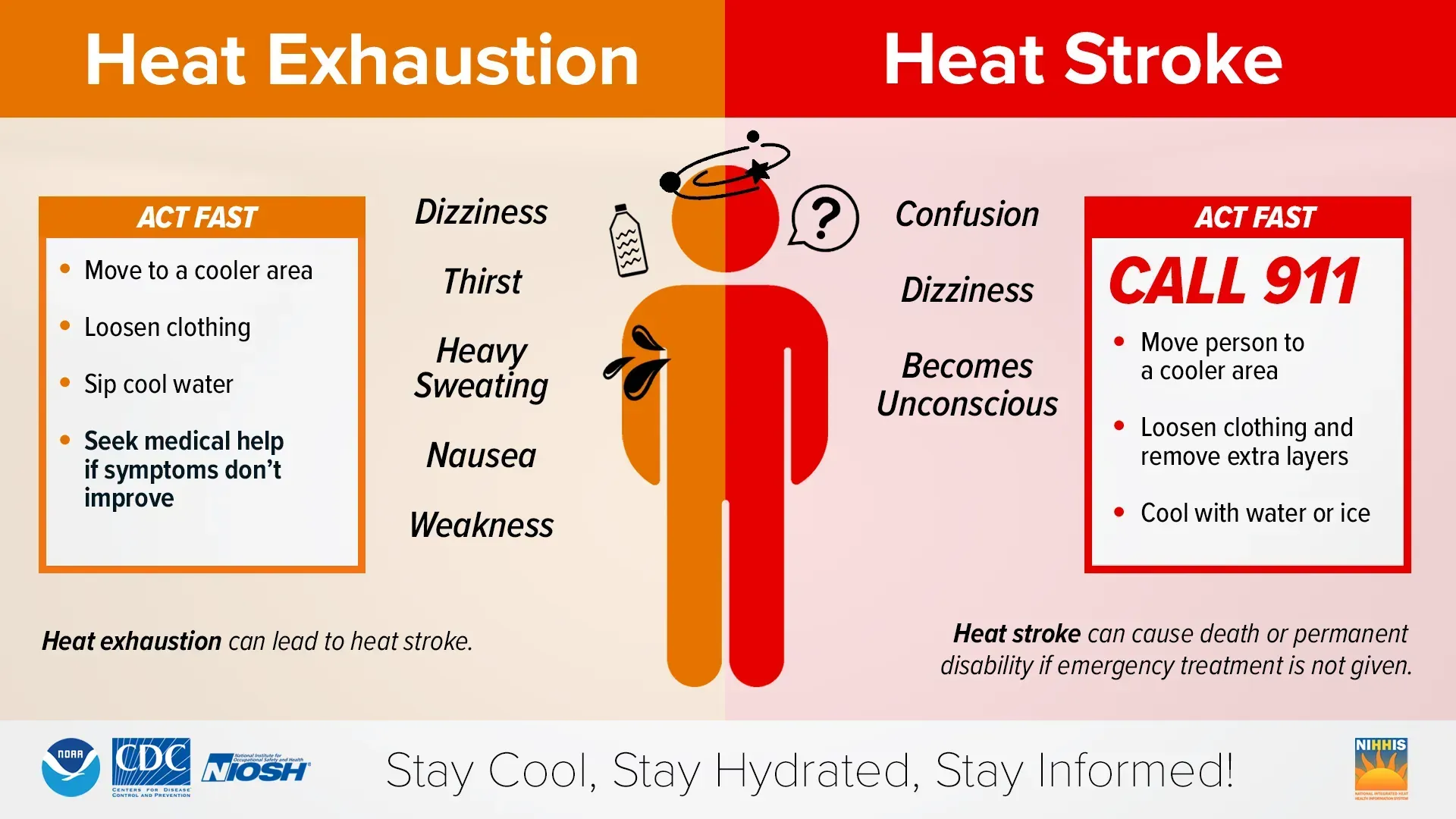
The effects of heat on the body are well known: it strains the heart and kidneys, causes headaches, disrupts sleep and slows cognition. In extreme cases, heat stroke can lead to multi-organ failure
The Mayo Clinic Health System advises the following precautions during heat advisories:
- Wear loose-fitting, lightweight clothing.
Wearing excess clothing or clothing that fits tightly won't allow your body to cool properly. - Protect against sunburn.
Sunburn affects your body's ability to cool itself, so protect yourself outdoors with a wide-brimmed hat and sunglasses and use a broad-spectrum sunscreen with a sun protection factor, or SPF, of at least 30. Apply sunscreen generously and reapply every two hours, or more often if you're swimming or sweating. - Drink plenty of fluids.
Staying hydrated will help your body sweat and maintain an average body temperature. - Take extra precautions with certain medications.
Ask your health care team your medications can affect your body's ability to stay hydrated and dissipate heat. - Never leave anyone in a parked car.
This is a common cause of heat-related deaths in children. When parked in the sun, the temperature in your car can rise 20 degrees F in 10 minutes. It's unsafe to leave a person or pet in a parked car in warm or hot weather, even if the windows are cracked or the car is in the shade. Keep your car locked to prevent a child from getting inside when it is parked. - Take it easy during the hottest parts of the day.
If you can't avoid strenuous activity in hot weather, drink fluids and rest frequently in a cool spot. Try to schedule exercise or physical labor for cooler parts of the day, such as early morning or evening. - Get acclimated.
It can take several weeks for your body to adjust to hot weather. Limit time spent working or exercising in the heat until you're conditioned to it. People not used to hot weather are especially susceptible to heat-related illnesses. - Be cautious if you're at increased risk.
If you take medications or have a condition that increases your risk of heat-related problems, avoid the heat and act quickly if you notice symptoms of overheating. If you participate in a strenuous sporting event or activity in hot weather, make sure medical services are available in case of a heat emergency.
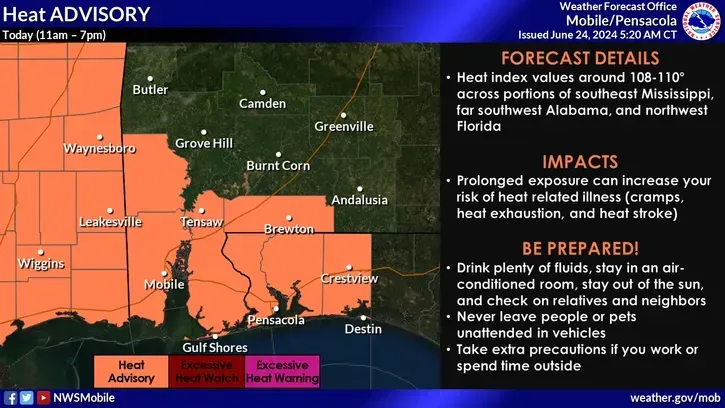
Share this article w/ Friends...
